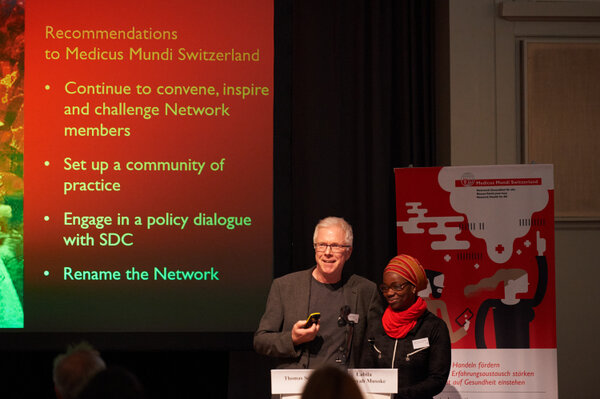Decolonization and Localization of Aid - the Changing Role of International Players
Presentation by Martin Gallard (Fondation terres des hommes)
MMS Symposium 2023 Localisation and the decolonisation of aid mean a shift in power dynamics between actors in both humanitarian and development contexts. It means empowerment for people affected by crises. Aid is still currently designed for short term responses that are not conducive to forging efficient and long-lasting aid, which eventually impairs the sustainability of programs in place and can create disempowerment of people, systems, and dependency in countries of intervention.

















